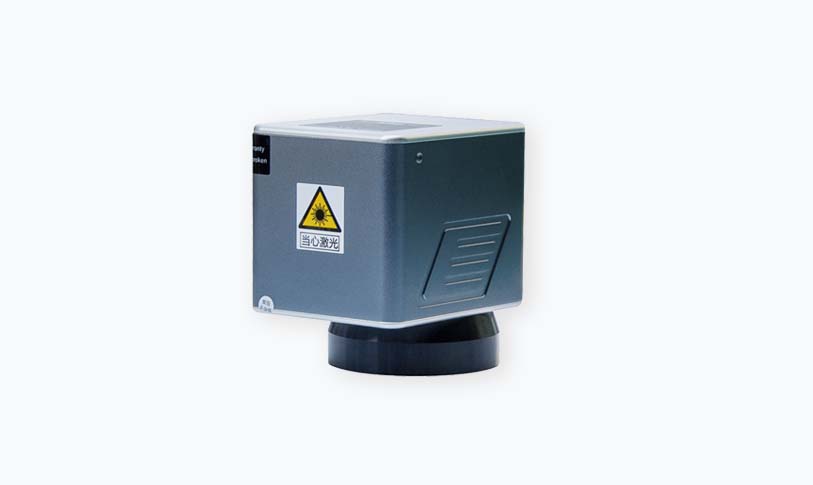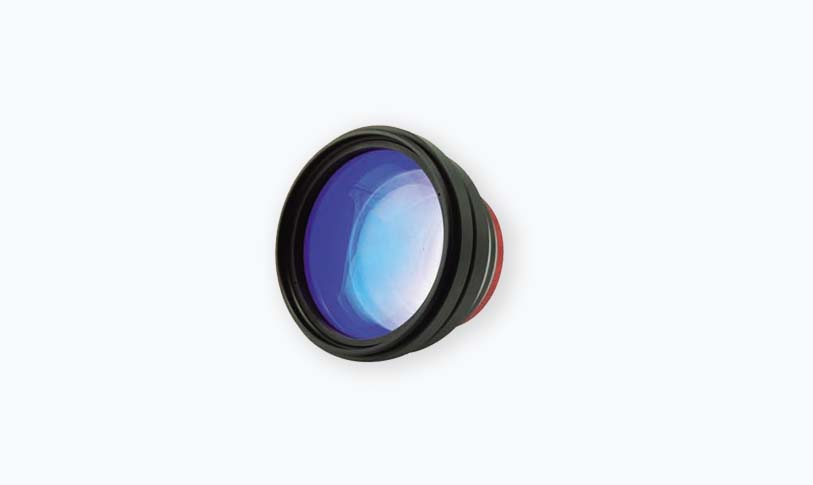
The Benefits and Process of CO2 Laser Resurfacing: A Comprehensive Guide to Skin Rejuvenation and Anti-Aging Solutions
CO2 laser resurfacing is a popular cosmetic procedure that has garnered attention for its ability to revitalize the skin, reduce the signs of aging, and improve various skin imperfections. This advanced technology utilizes carbon dioxide (CO2) lasers to remove the outer layers of skin, revealing a smoother, more youthful appearance underneath. In this comprehensive guide, we will explore the benefits, procedure, recovery process, and potential risks associated with CO2 laser resurfacing.
Understanding CO2 Laser Resurfacing
CO2 laser resurfacing is primarily used to treat a variety of skin conditions, including wrinkles, fine lines, sun damage, uneven skin tone, acne scars, and enlarged pores. The procedure works by emitting a concentrated beam of light to vaporize damaged skin cells layer by layer. This not only removes the superficial skin but also stimulates collagen production, which aids in skin healing and rejuvenation.
The Benefits of CO2 Laser Resurfacing
1. **Reduction in Wrinkles and Fine Lines**: One of the most coveted benefits of CO2 laser resurfacing is its effectiveness in minimizing the appearance of wrinkles and fine lines, especially around the mouth and eyes. The procedure promotes increased collagen production, resulting in firmer, tighter skin.
2. **Improvement of Skin Texture and Tone**: Patients seeking an even skin texture and tone often find relief from CO2 laser resurfacing. The treatment can help diminish the appearance of sunspots, age spots, and any hyperpigmentation.
3. **Scar Treatment**: For individuals struggling with acne scars or other traumatic scars, CO2 laser resurfacing can significantly reduce their visibility. The process smooths out irregular skin texture, making scars less noticeable.
4. **Rapid Results**: Many patients notice immediate improvements in their skin’s appearance. Although full results may take weeks to manifest as the skin heals and regenerates, the initial results can be quite promising.
5. **Long-Lasting Effects**: The effects of CO2 laser resurfacing can last for several years, especially when patients follow a proper skincare routine and protect their skin from harmful UV rays.
6. **Customizable Treatment Options**: The depth and intensity of the treatment can be adjusted based on an individual’s needs, making it suitable for a wide range of skin types and concerns.
The CO2 Laser Resurfacing Procedure
Before undergoing the CO2 laser resurfacing treatment, patients typically have a consultation with a qualified dermatologist or cosmetic surgeon. During this consultation, the practitioner will assess the patient’s skin condition, discuss their aesthetic goals, and determine if they are a suitable candidate for the procedure.
On the day of the procedure, the practitioner will cleanse the skin and apply a topical anesthetic to minimize discomfort. Depending on the treatment’s extent, patients may receive additional sedation. The CO2 laser is then passed over the skin, removing the outermost layers methodically.
The actual procedure can take anywhere from 30 minutes to two hours, depending on the areas being treated. Following the procedure, patients may experience redness, swelling, and a sensation similar to mild sunburn in the treated areas.
Recovery and Aftercare
Recovery from CO2 laser resurfacing varies by individual and procedure depth. Patients can expect some redness, swelling, and peeling for several days post-treatment. It is crucial for patients to follow their dermatologist’s aftercare instructions, which may include keeping the skin clean and moisturized, avoiding sun exposure, and using gentle skincare products for optimal healing.
Typically, patients can return to their normal activities within a week, though complete healing may take several weeks. Patience is necessary as the skin continues to improve in the months following the procedure.

The Benefits and Process of CO2 Laser Resurfacing: A Comprehensive Guide to Skin Rejuvenation and Anti-Aging Solutions
Potential Risks and Considerations
While CO2 laser resurfacing is generally safe for most patients, there are potential risks like any medical procedure. These may include scarring, changes in skin pigmentation, infection, or allergic reactions. It is essential for patients to discuss these risks with their practitioner and address any concerns before the treatment.

The Benefits and Process of CO2 Laser Resurfacing: A Comprehensive Guide to Skin Rejuvenation and Anti-Aging Solutions
Conclusion
CO2 laser resurfacing serves as a powerful tool in the cosmetic world for those seeking effective solutions for aging skin, scarring, and other imperfections. With its array of benefits and customizable treatments, many find this procedure to be a gateway to renewed confidence and healthier-looking skin. By understanding the process, recovery, and potential risks, individuals can make informed decisions about their skincare journey.program for laser engraver




